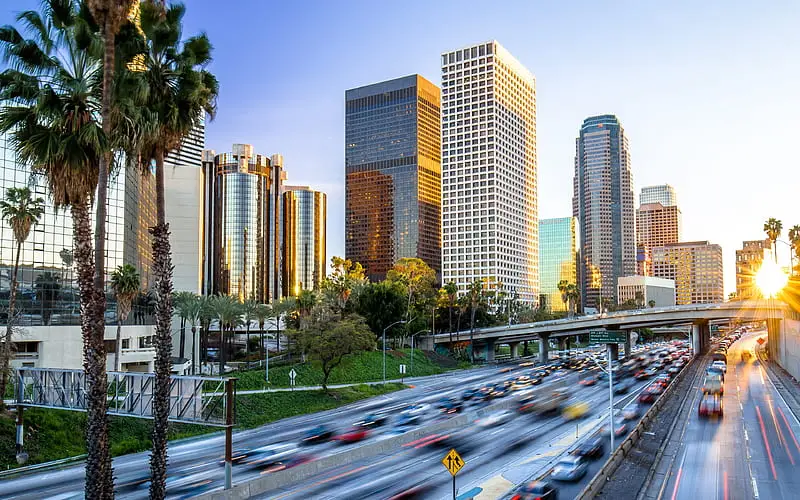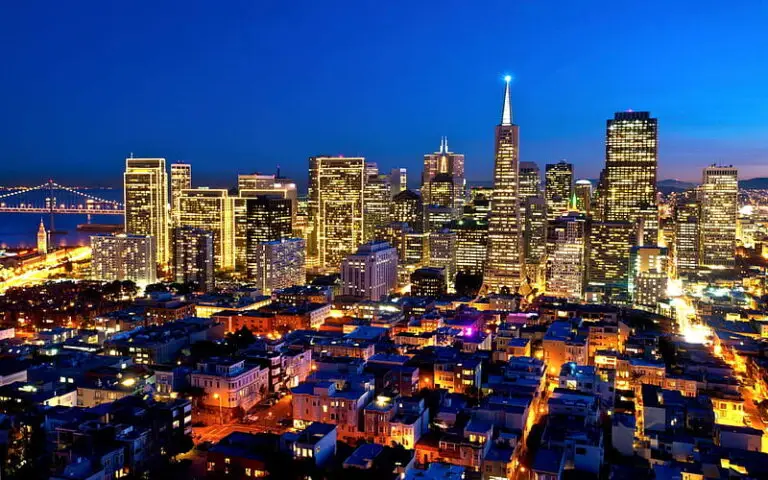California Type 47 Liquor License
The California Type 47 liquor license allows full-service restaurants to serve beer, wine, and spirits on-site. At least 51% of sales must come from food to ensure a dining focus. Off-sale of hard liquor is prohibited, but beer and wine can be sold in sealed containers. The California ABC regulates these licenses for legitimate alcohol service.








